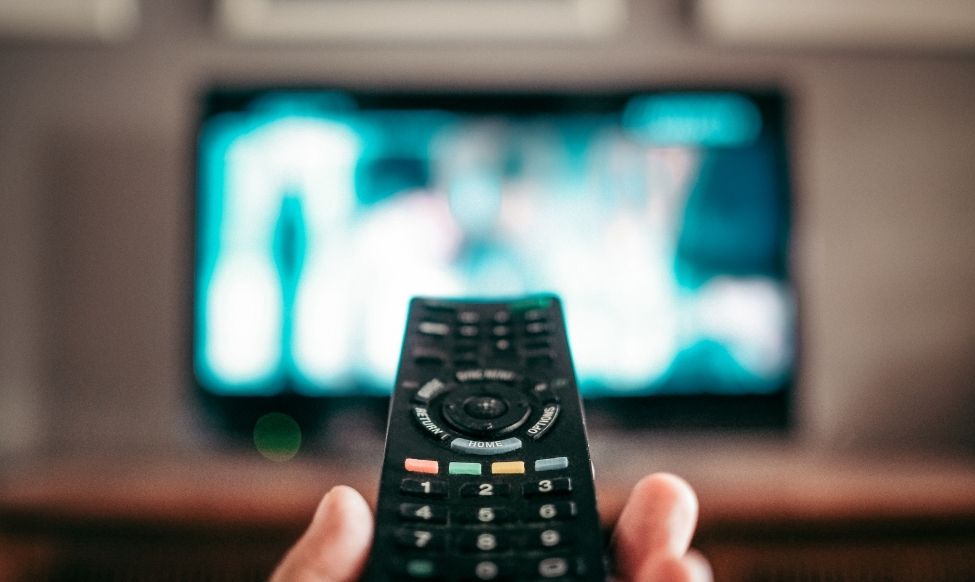My January blog post reported that the Supreme Court had recently agreed to hear the case American Broadcasting Co. v. Aereo, focusing on the dispute between television broadcasters and Aereo, a start-up that distributed broadcast signals through a network of small antennas in a “cloud.” Subscribers, who paid between $8 and $12 per month, could use the service to record shows and watch live and recorded programming from their mobile devices.
When the Supreme Court heard the case in April 2014, the networks argued that Aereo (and the other start-ups that were sure to follow) threatened retransmission fees – a vital source of revenue paid to networks and their local stations by cable and satellite subscribers for access to their signals and the right to retransmit their programming. Since annual retransmission fees reach into the billions for broadcast networks, the networks did not take the threat lightly, claiming they might be forced to block access to their signals if the Court found in Aereo’s favor. Aereo’s business model, they argued, is the sale of “public performances” of copyrighted work without permission of the copyright owner.
Aereo countered that their service was today’s rabbit ears antenna, allowing subscribers to watch free broadcast television on their own schedules. The Second Circuit had agreed with Aereo’s position in an April 2013 decision, finding that “Aereo’s transmissions of unique copies of broadcast television programs created at its users’ requests and transmitted while the programs are still airing on broadcast television are not ‘public performances’ of the [networks’] copyrighted works.”
The Supreme Court did not see it that way. In its June 25, 2014 decision, the Court found that Aereo’s resemblance to traditional cable companies was “overwhelming,” and that Aereo’s service conflicted with copyright law requiring the copyright owner’s permission for a public performance of the protected work. “Performance” includes retransmission to the public, and the Court was not swayed by Aereo’s argument that its retransmission was private due to the nature of the technology. The Court found that because of the service’s “overwhelming likeness” to a cable company, these technological differences were inconsequential.
Aereo suspended service shortly after the Supreme Court decision, but is now seeking to reinstate service in certain states based on theories it claims stem from the Supreme Court decision. They are unlikely to find sympathy with the broadcast networks. CBS chief executive Leslie Moonves was quoted in the New York Times following the Supreme Court decision: “For two years they have been in existence, trying to hurt our business. They fought the good fight. They lost. Time to move on.”
Sources and for additional information:
Liptak, Adam and Emily Steel, “Aereo Loses at Supreme Court, in Victory for TV Broadcasters.” New York Times, June 25, 2014. Accessible athttp://www.nytimes.com/
“Aereo Suspends Service After U.S. Supreme Court Ruling.” CBS News, June 28, 2014. Accessible at http://www.cbsnews.com/

